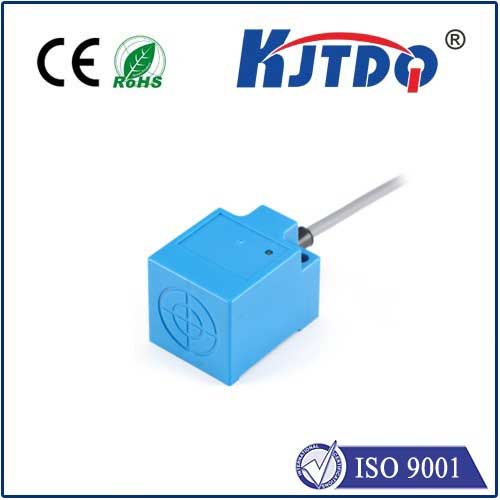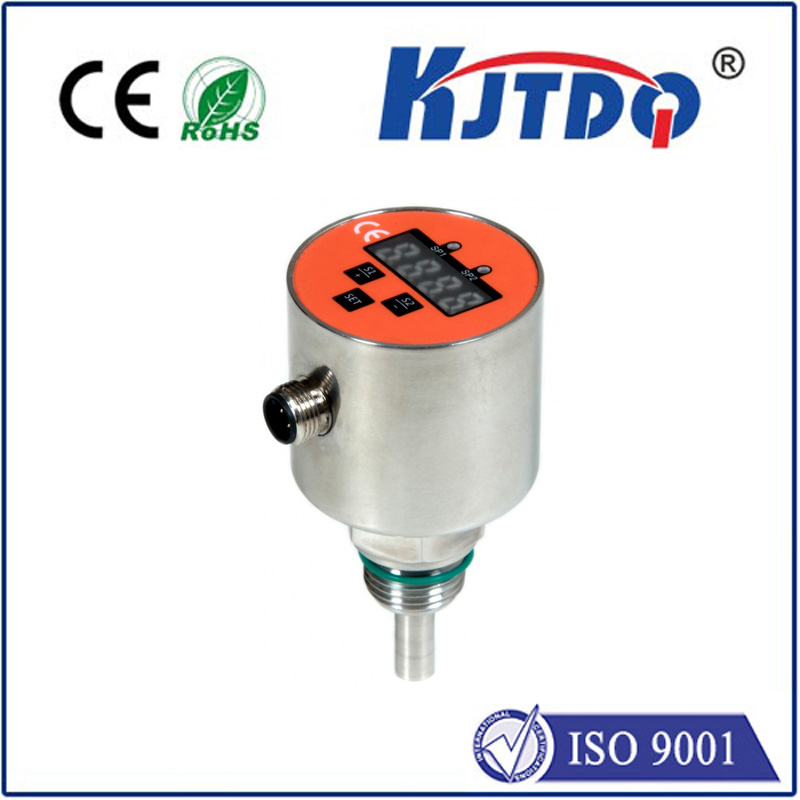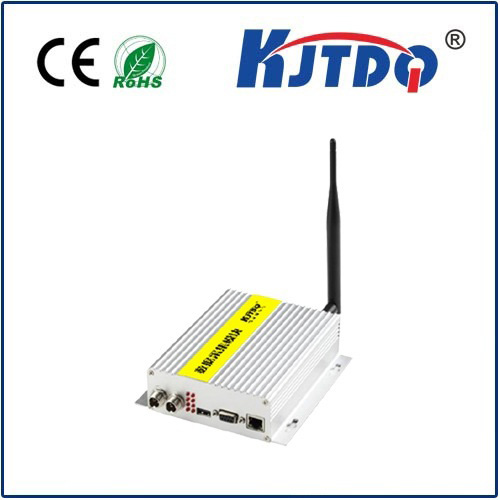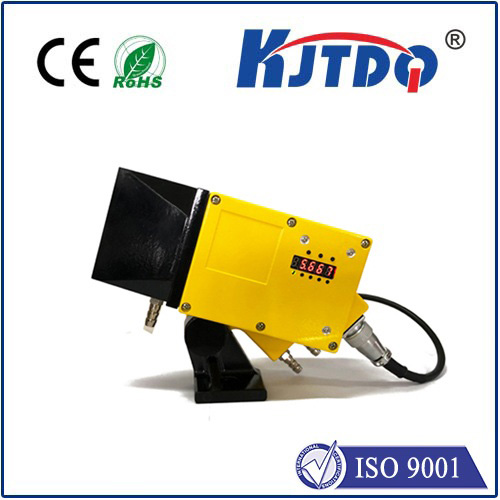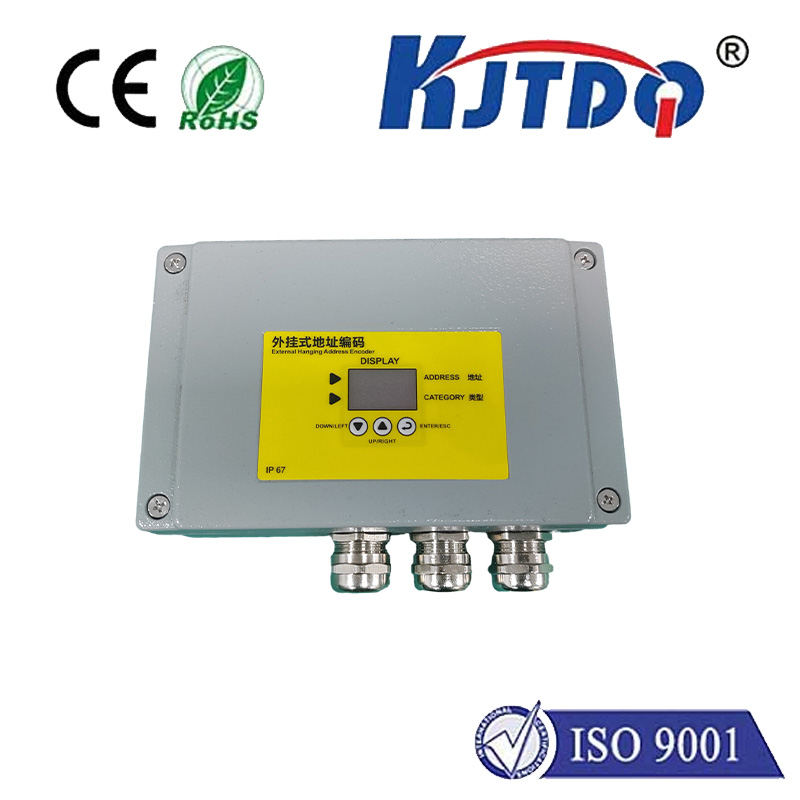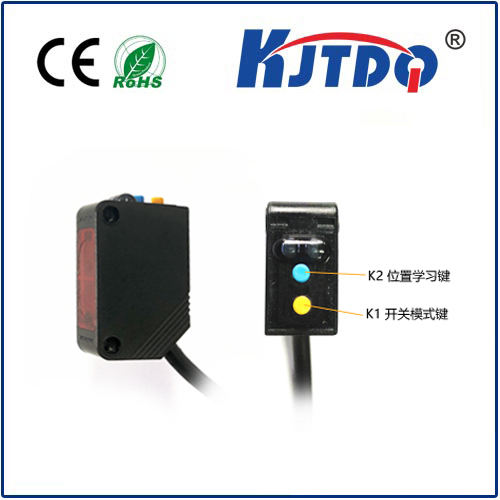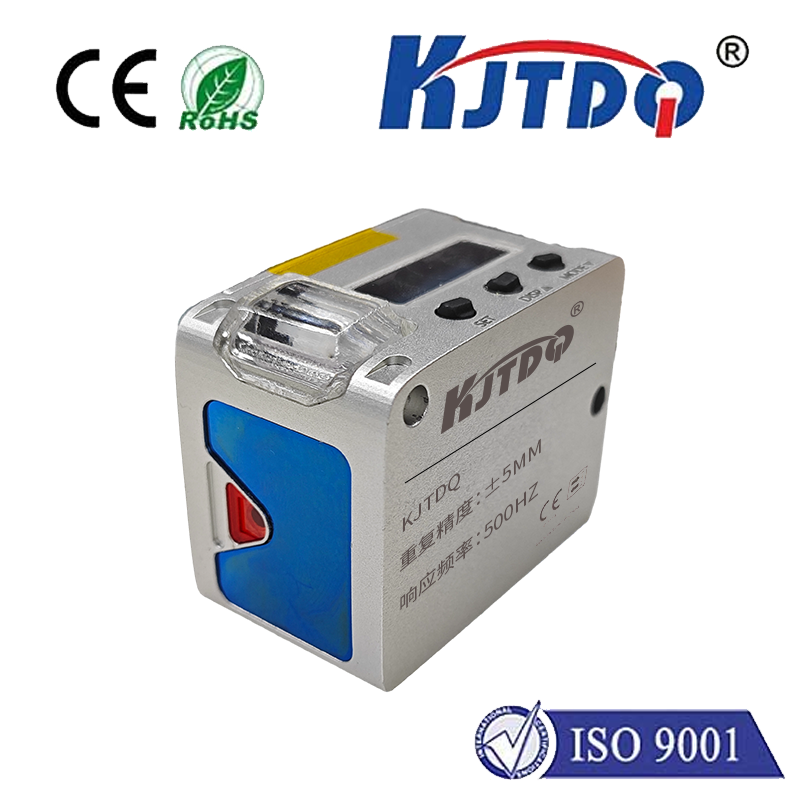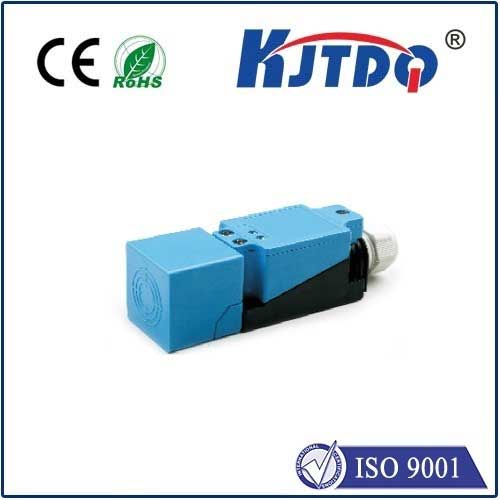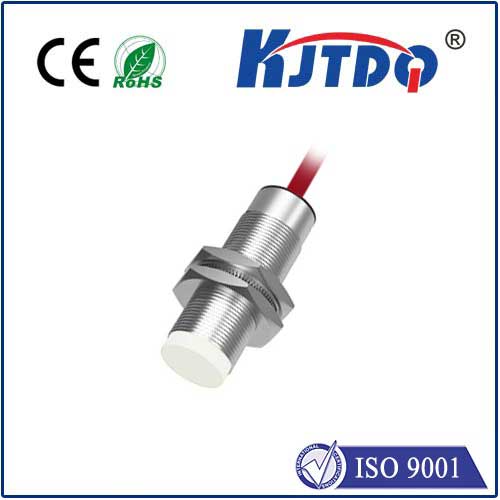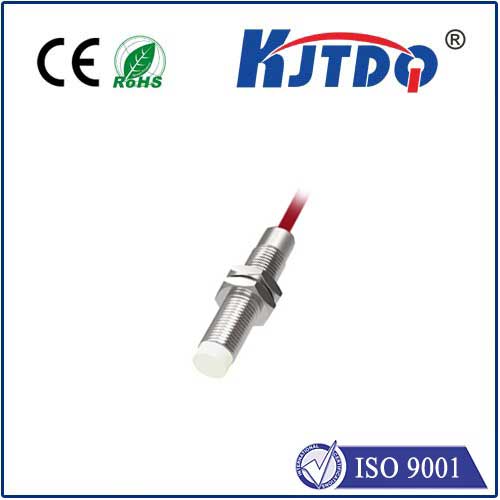

check

check

check

check
FMCW Radar Sensor: The Future of Precision Detection in Modern Technology
In today’s rapidly evolving technological landscape, the demand for high-precision sensors has never been greater. Among the various advanced sensor technologies, Frequency Modulated Continuous Wave (FMCW) radar sensors have emerged as a transformative solution, offering unmatched accuracy and versatility in a wide range of applications. This article explores the fundamentals of FMCW radar sensors, their working principles, and their growing significance in modern technology.
FMCW radar sensors operate by modulating the frequency of a continuous wave signal and measuring the difference in reception between the modulated and reference signals. This technique allows for the precise determination of distance and velocity by analyzing the beat frequency between the transmitted and received signals. Unlike traditional radar systems that rely on transmitted and reflected signals, FMCW radar sensors offer a more accurate and reliable method of measurement, especially in complex environments.

The core advantage of FMCW radar sensors lies in their ability to provide high-resolution distance measurements with minimal interference. This makes them ideal for applications such as automotive radar, industrial automation, and aerospace systems. In automotive applications, FMCW radar sensors are used for advanced driver assistance systems (ADAS), enabling features like automatic braking, lane detection, and object detection. These sensors can operate in adverse weather conditions, ensuring consistent performance even in challenging environments.
In industrial settings, FMCW radar sensors are employed for non-contact distance measurement, object detection, and material profiling. Their high sensitivity and accuracy make them valuable in applications such as quality control, warehouse automation, and robotics. The ability to measure distance without physical contact is a significant advantage, reducing wear and tear on equipment while improving operational efficiency.
One of the key benefits of FMCW radar sensors is their adaptability to different environments. Whether in a controlled laboratory setting or a real-world industrial plant, these sensors can be fine-tuned to suit specific needs. This flexibility allows for a wide range of applications, from small-scale monitoring to large-scale industrial systems.
As technology continues to advance, the role of FMCW radar sensors is becoming increasingly vital. Their integration into various systems is not only enhancing the performance of existing technologies but also paving the way for new innovations. With ongoing research and development, FMCW radar sensors are expected to become even more sophisticated, offering improved accuracy, faster processing, and greater integration with artificial intelligence and machine learning.
In conclusion, FMCW radar sensors represent a significant leap forward in precision detection technology. Their ability to provide accurate, reliable, and versatile measurements makes them indispensable in modern applications. As industries continue to seek more efficient and intelligent solutions, FMCW radar sensors will undoubtedly play a central role in shaping the future of detection and automation.
